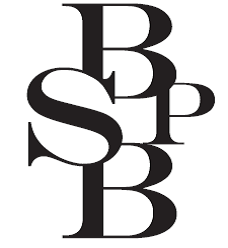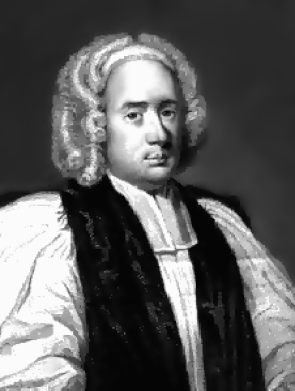Sources Cited by Butler
|
Butler's main source, by far, was scripture. He cites the Jewish Bible over 150 times and the New Testament over 250. The Qur'an is cited once. Muslim and Roman Catholic devotional practice is praised, and Butler clearly had high regard for the ancient Jewish religion.
What he calls "paganism" and "popery" were frequent targets for criticism, as well as enthusiasm, deism and secularism of his own age. Butler only cites Locke with approval once, but is clearly Lockean throughout; he studied Locke at Jones's academy. His other main influence was Samuel Clarke, and through him, Newton. Descartes' system is dismissed as mere hypothesis. He cites ancient sources for his view that "death may put us into a higher and more enlarged state of life." Brachmans, cited by Strabo, [Seneca, Ep. 102] and Antoninus. He clearly alludes to Cicero in arguing for anticipation of a future life and follows Clarke on the indivisibility of consciousness, but argues against Locke on personal identity. |
|
Butler's moral philosophy is Aristotelian and Stoic and opposed to Epicurians, Hobbes, La Rochefoucauld, and Shaftesbury (on some issues), while agreeing with Shaftesbury and Wollaston on the natural consequences of virtue.
Also cited in the Sermons are Philo, Cato, Livy and Augustine, and in the Analogy, Augustine, Waterland, Colliber, Grotius, Wilkins, Clement of Rome, Porphry and Jerome. In the Charge he cites Cudworth, Casaubon, and Fleetwood
Also cited in the Sermons are Philo, Cato, Livy and Augustine, and in the Analogy, Augustine, Waterland, Colliber, Grotius, Wilkins, Clement of Rome, Porphry and Jerome. In the Charge he cites Cudworth, Casaubon, and Fleetwood


